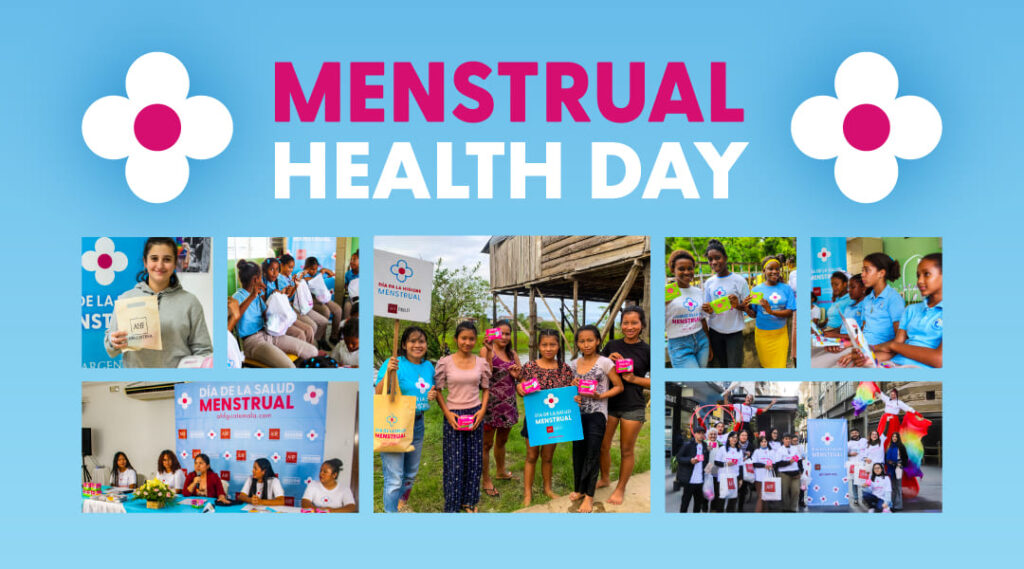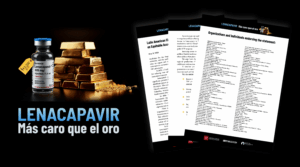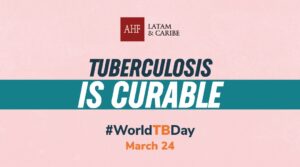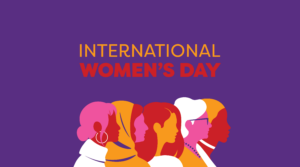May 28 marks Menstrual Health Day, a reminder that in Latin America and the Caribbean, millions of girls, adolescents, and menstruating people still face systemic barriers to managing their periods with dignity. Limited access to menstrual products, clean water, and private spaces in schools or public facilities continues to impact their health, self-esteem, and ability to stay in school.
Menstrual inequality refers to the lack of access to basic conditions necessary to manage menstruation safely, healthily, and without shame. Despite being a natural biological process, menstruation remains a source of stigma, silence, and exclusion in many communities.
According to the United Nations Population Fund (UNFPA), 1 in 4 girls of school age in the region has missed school because they did not have access to menstrual products. These absences not only disrupt their education but also limit their long-term opportunities.
Silence excludes too
Data from Plan International shows that 35% of adolescents and young people worldwide believe menstruation should be kept secret. This belief reinforces stigma and hinders the development of public policies that ensure menstrual dignity.
Moreover, a 2023 report by WaterAid and UNFPA identifies that the groups most affected by period poverty in the region are women and girls living on the streets, people in detention, Indigenous populations, and migrants. These communities face greater challenges in accessing menstrual products, clean water, and menstrual education, further increasing their exclusion and vulnerability.
A call to action
On May 28, International Menstrual Health Day, AIDS Healthcare Foundation (AHF) renews its call to governments, the private sector, and civil society to ensure that all menstruating people can manage their periods without barriers or stigma, with access to products, education, and safe, supportive environments.
Our impact in the region
Since 2019, AHF has distributed over 1 million menstrual hygiene products—including menstrual cups, reusable pads, and educational kits—in more than 12 countries across Latin America and the Caribbean. In 2024 alone, our initiatives directly reached over 250,000 people.
We also lead awareness campaigns, community workshops, and advocacy efforts to integrate menstrual health into public policies and education systems.
MenstruaciónDigna #EquidadMenstrualYa
This year, our regional activations will be carried out under the hashtags #MenstruaciónDigna and #EquidadMenstrualYa, because talking about menstruation is a conversation about justice, health, and human rights.






